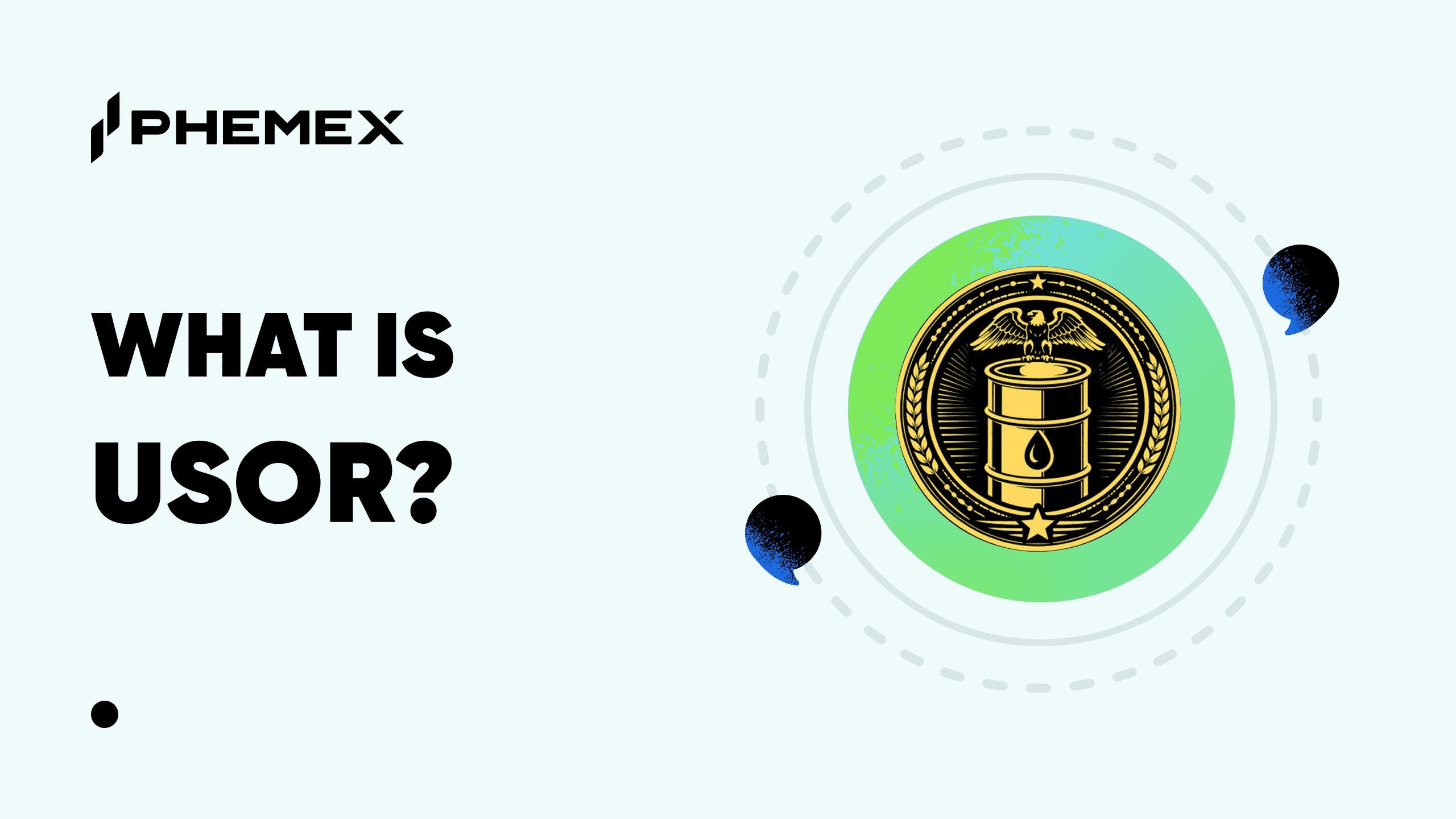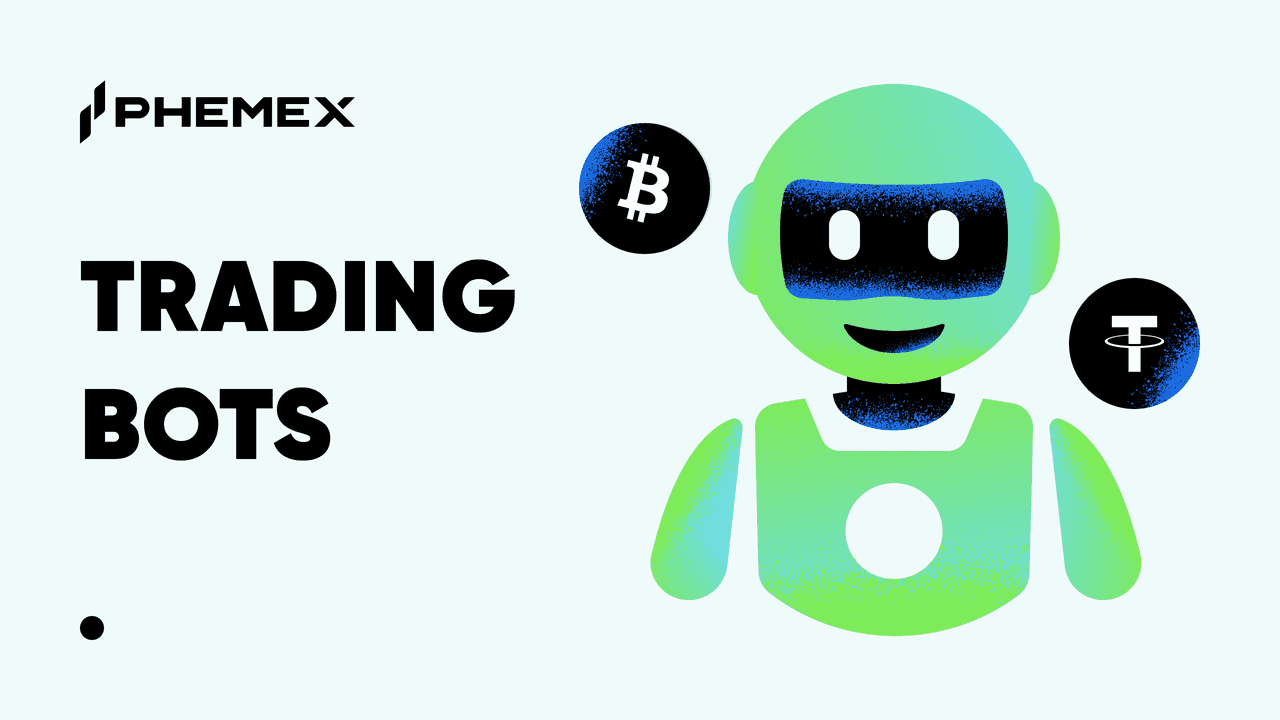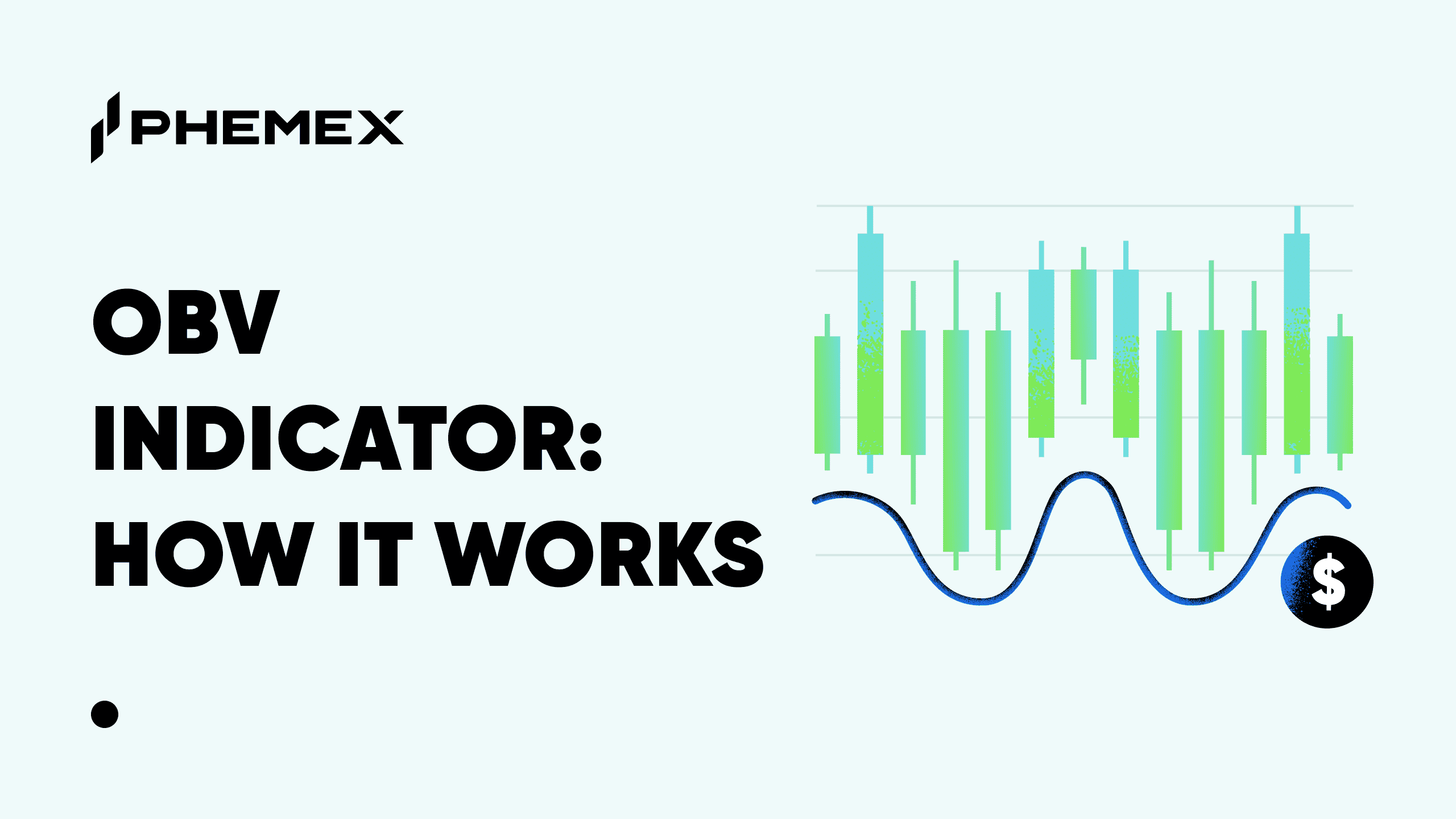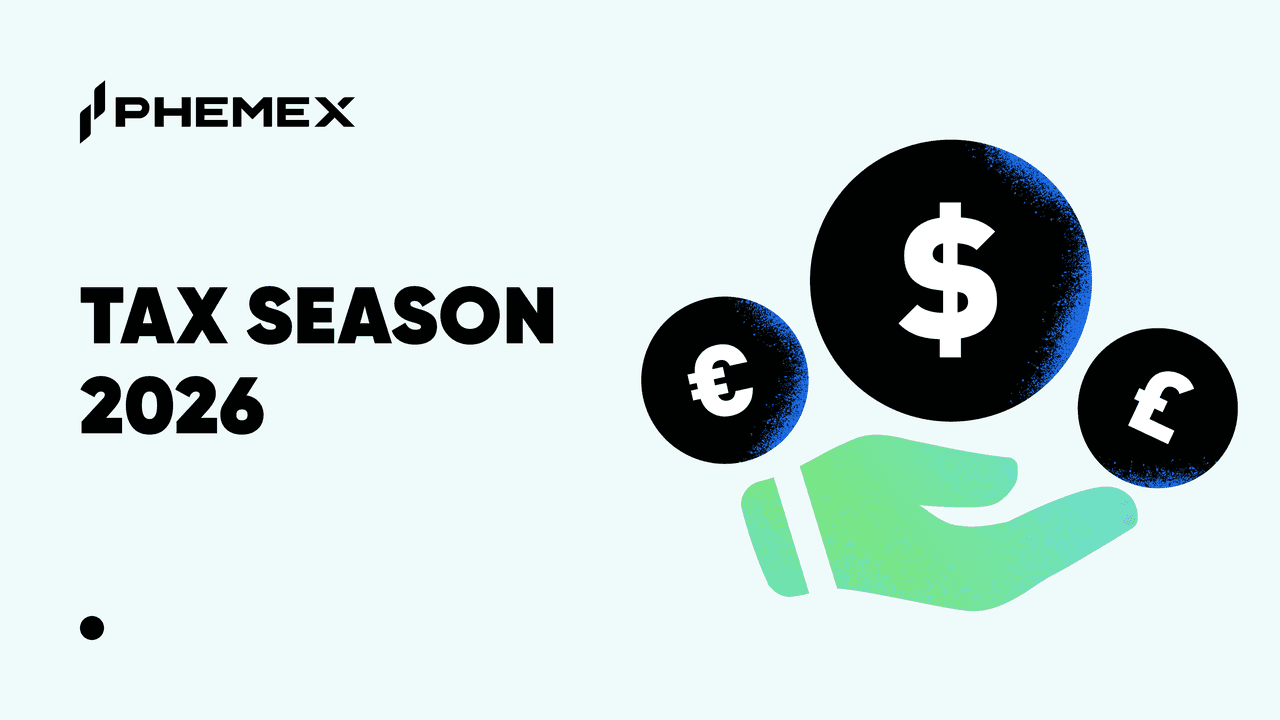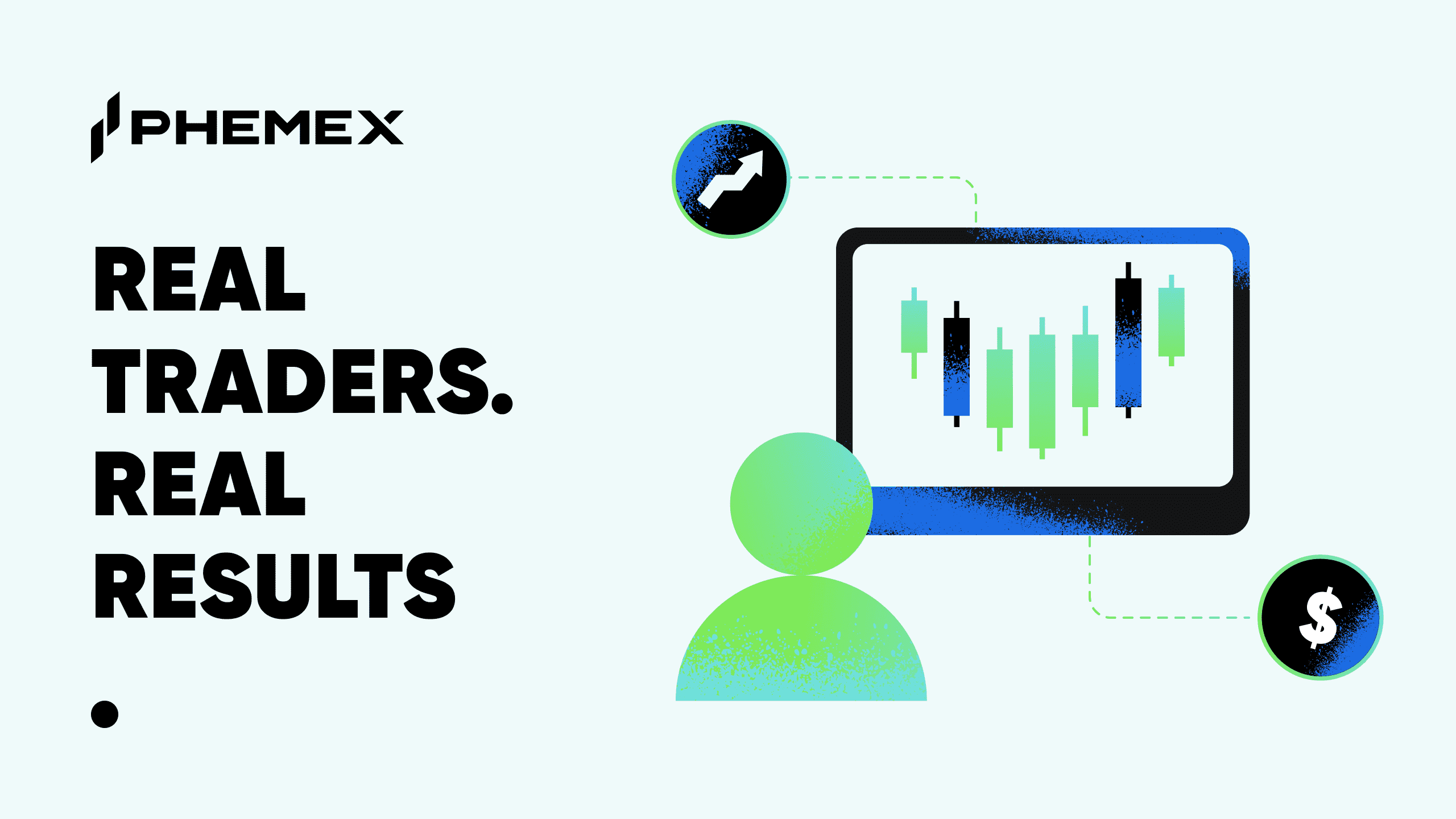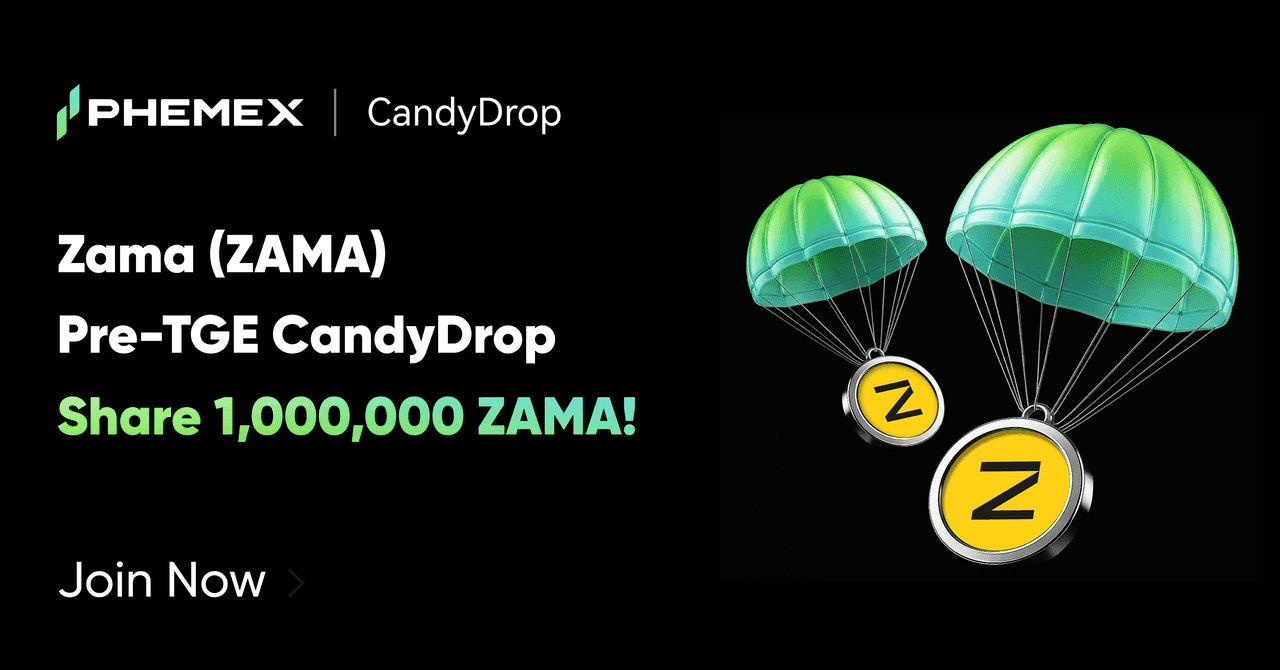
Ethereum (ETH) Price
Price of Ethereum (ETH) Today
The live price of Ethereum (ETH) is $2,904.11.The current market capitalization stands at $350.51B, with a 24-hour trading volume of $25.00B.Ethereum has experienced -0.03% in the last 24 hours and has a circulating supply of approximately 120.69M.These figures are updated in real-time to provide the most accurate market data.
ETH Price Data
ETH Market Stats
Ethereum (ETH) Security Assessment
About Ethereum(ETH)
Team Members
Investors
 Andreessen Horowitz (a16z)
Andreessen Horowitz (a16z) Digital Currency Group (DCG)
Digital Currency Group (DCG) CMT Digital
CMT Digital Boost VC
Boost VC 1confirmation
1confirmation 8 Decimal Capital
8 Decimal Capital Alameda Research
Alameda Research Delphi Ventures
Delphi VenturesSocial Stats
27448 unique individuals are talking about ETH, ranking it 2 for most mentions and activity among collected posts. Over the past 24 hours, the sentiment toward ETH across all social media has been Bullish. Finally, 244 news articles have been published about ETH. On Twitter, 46.28% of tweets showed bullish sentiment compared to 8.50% of tweets showing bearish sentiment about ETH. 45.22% of tweets were neutral about ETH. These sentiments are based on 87287 tweets.
Bulls say
Bears say
Ethereum(ETH) News
MoreEthereum (ETH) Academy
MoreEthereum (ETH) Blog
MoreFAQ
What is Ethereum?
Ethereum is a decentralized blockchain platform that allows developers to build smart contracts and decentralized applications (dApps). Unlike Bitcoin, which primarily serves as a digital currency, Ethereum was designed to be programmable, meaning it can support complex applications such as DeFi protocols, NFTs, and DAOs. Its native currency, Ether (ETH), is used to pay for transaction fees and network operations. ETH price fluctuates based on real-time market supply and demand.
Who created Ethereum?
Ethereum was proposed in 2013 by Vitalik Buterin, a Russian-Canadian programmer and Bitcoin enthusiast. The platform officially launched in 2015, co-developed by a team including Gavin Wood, Joseph Lubin, Charles Hoskinson, and others. Their goal was to expand blockchain technology beyond simple peer-to-peer payments by introducing smart contracts and decentralized computing.
What is Ethereum 2.0?
Ethereum 2.0 refers to a series of major upgrades aimed at making Ethereum faster, more scalable, and energy-efficient. The most significant change came in 2022 with The Merge, which transitioned Ethereum from a Proof of Work (PoW) consensus mechanism to Proof of Stake (PoS). This upgrade reduced Ethereum’s energy usage by over 99% and paved the way for future enhancements like sharding, which will further increase transaction capacity.
What are gas fees on Ethereum?
Gas fees are the transaction costs required to perform operations on the Ethereum network, such as sending ETH, executing smart contracts, or minting NFTs. These fees are paid in ETH and vary depending on network congestion. After the implementation of EIP-1559, a portion of gas fees is burned (permanently removed from circulation), which can contribute to ETH’s deflationary pressure.
How is Ethereum different from Bitcoin?
While both Ethereum and Bitcoin are blockchain-based cryptocurrencies, they serve different purposes. Bitcoin is designed primarily as a store of value and peer-to-peer digital currency, whereas Ethereum is a decentralized application platform. Ethereum supports smart contracts, making it ideal for building financial applications, NFTs, and gaming ecosystems.
Where can I buy and store ETH?
You can buy Ethereum directly on Phemex, and we’ll securely hold it on your behalf as a custodial exchange. On Phemex, you have the option to purchase Ethereum via credit or debit card as well as via bank transfer. You can also use other cryptocurrency, like USDT, to purchase ETH on the Phemex spot market. After acquiring Ethereum, it will be held in your Phemex spot wallet which boasts meticulous security mechanisms.
Ethereum (ETH) Conversion Rate
Ethereum (ETH) Price Movements
| Period | Amount Change | Change (%) |
|---|---|---|
| Today | -$0.95751 | -0.03% |
| 7 Days | -$204.01 | -6.56% |
| 30 Days | -$34.95 | -1.19% |
Disclaimer
Cryptocurrency prices are highly susceptible to market risk and volatility. You should invest only in products you are familiar with and fully understand the associated risks. The information provided on this page is for informational purposes only and does not constitute investment advice. It is not a recommendation to buy or sell any specific digital asset or adopt any particular investment strategy. Phemex makes no claims regarding the accuracy, suitability, or validity of any information provided or any particular asset. For further information, please refer to our Terms of Use and Risk Disclosure.
Please be aware that data related to the aforementioned cryptocurrency (such as its current live price) is derived from third-party sources. It is presented to you "as is" for informational purposes only, without any representation or warranty of any kind. Links to third-party sites are not under Phemex’s control. The content expressed on this page is not intended to and should not be construed as an endorsement by Phemex of the reliability or accuracy of such content. For further information, please refer to our Terms of Use and Risk Disclosure.






